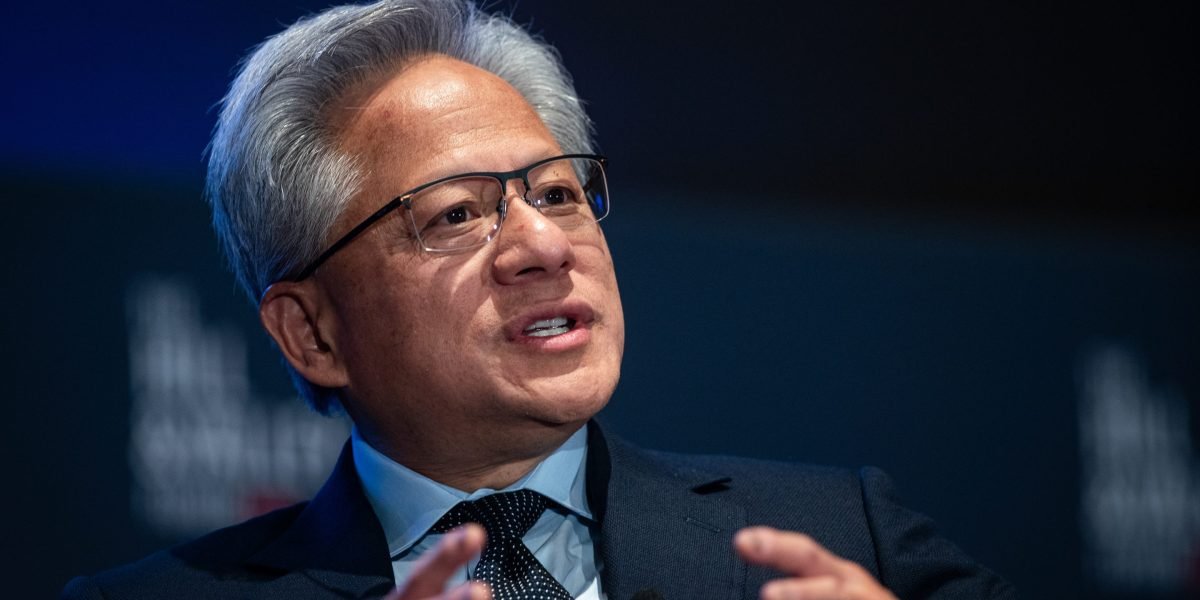
- Private equity billionaire David Rubenstein says building a successful business starts with hiring good people. Like Amazon and Duolingo’s CEOs, he says being a decent human being is non-negotiable: “You want people that have integrity.
Becoming a billionaire doesn’t happen overnight, but if you’re determined to join the top 1% of earners, it might be best to take advice from those who have already made it.
For billionaire David Rubenstein, co-founder of the private equity firm Carlyle, success starts with finding good people to help you.
“You want people that have integrity, that aren’t trying to cut ethical corners,” he said at an event last week hosted by education company ETS.
It’s perhaps no surprise, then, that the 75-year-old says his hiring green flag is a good attitude.
“Hire people who are hopefully smarter than you, reasonably hard-working, people who are interested in what you’re doing with your company,” he added.
“They believe it’s a valuable thing to do, so they’re going to have some interest in working hard and hopefully thinking that they’re doing something useful for society.”
Rubenstein’s advice may seem intuitive, but Gen Z has particularly struggled at becoming standout employees in the workplace. According to one study, close to 60% of employers report having fired those early in their career, citing a lack of professionalism. Moreover, Gen Z is increasingly being known for backstabbing others in the office—something that’s unlikely to fly working for a billionaire.
Giving away money is just as important as earning it
There’s no question Rubenstein knows a thing or two about working hard, having grown his now $14 billion company from the ground up—and he practices what he preaches when it comes to doing good.
He’s given millions to the National Park Service to restore historical landmarks like the Washington Monument and Lincoln Memorial in addition to purchasing and lending copies of documents like the Magna Carta, Declaration of Independence, and Emancipation Proclamation.
“My theory is that you can always build a pyramid and take your wealth with you. But there’s no evidence you need it in the afterlife, so I’ve decided to not do that,” he told The Washington Post in 2018.
Finding people who hold the same philosophy—that using money for good is better than keeping it—is also part of what Rubenstein looks for in hiring.
“You want people who want to do something that makes society better by the result of what they’re doing, so not just making money, (not) just hoarding it, but actually giving it away or doing other useful things for their time and their money and resources,” he said last week.
Business leaders place immense value on the people around them
Being at the top of a successful business is notoriously lonely, which is likely why Rubenstein and other leaders are adamant on finding the right people to work with.
Billionaire Warren Buffett, whose net worth is some $166 billion has said that the secret to becoming a millionaire is surrounding yourself with the right people.
“Figure out what your strengths are and then pick the right people and don’t be afraid of making mistakes,” Buffett recently said.
But on a more basic employee level, having an entire company of people with the right skills can help drive success. The founder of Shake Shack Danny Meyer, for example, said he looks for six emotional skills in all his new hires: integrity, optimism, intellectual curiosity, work ethic, empathy, and self-awareness.
Countless CEOs have highlighted that they prioritize hiring for attitude. Amazon’s Andy Jassy has said that an “embarrassing amount of how well you do, particularly in your twenties,” depends on it. Duolingo CEO Luis von Ahn told Fortune he won’t hire “assholes.” And employers are increasingly sneaking personality tests into interviews to sniff out bad apples.
This story was originally featured on Fortune.com














Leave a Reply